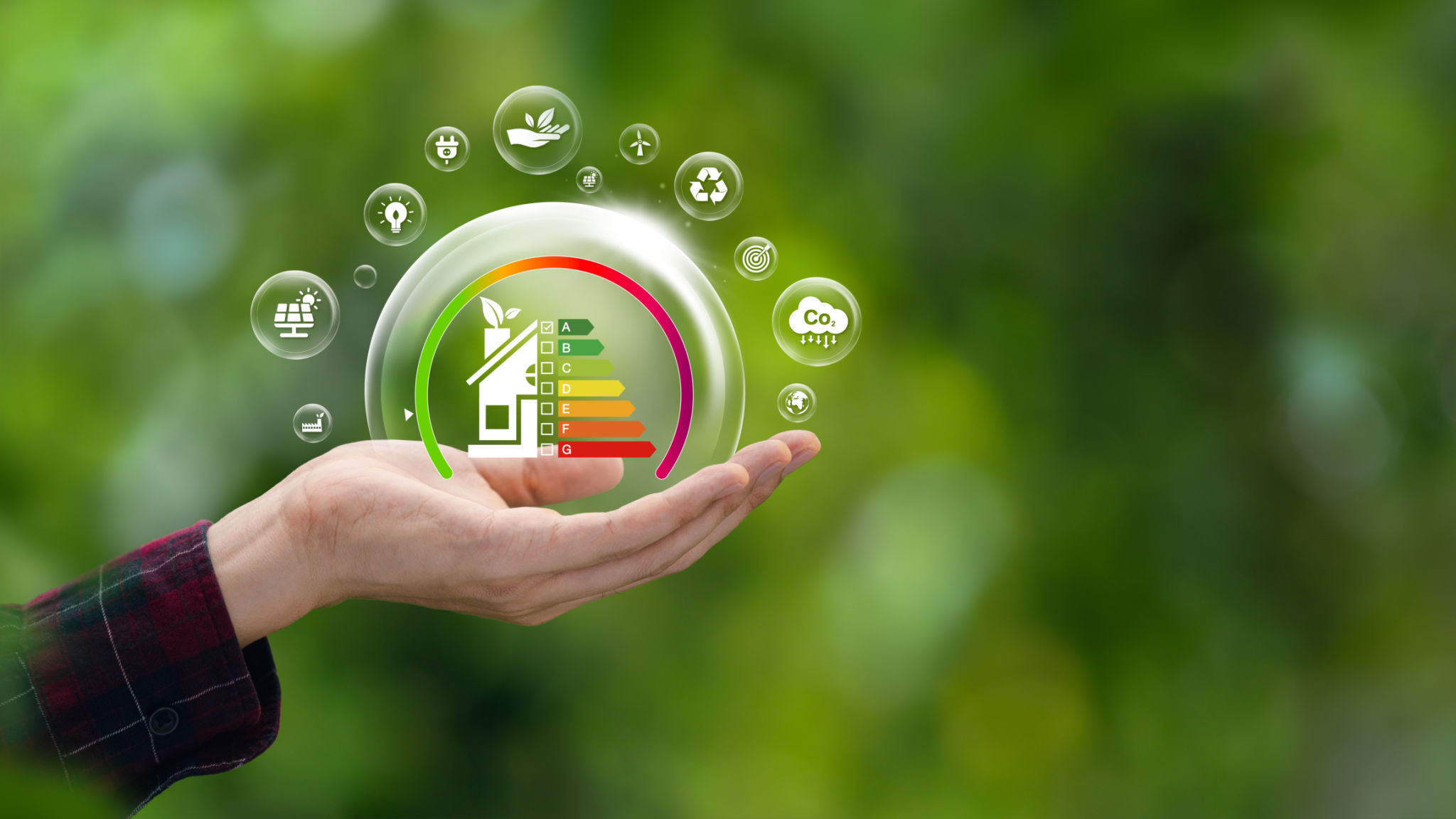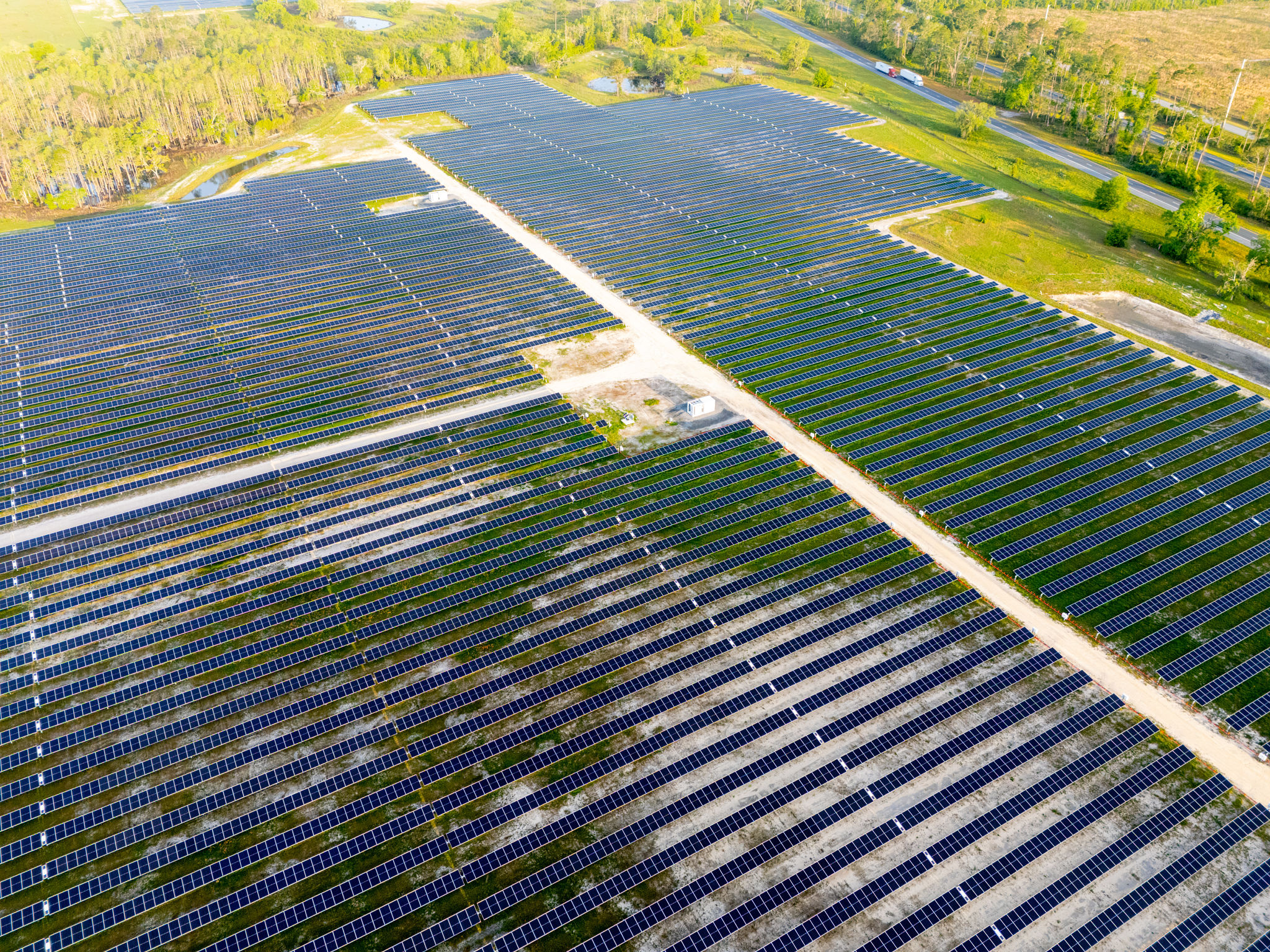Debunking Myths About Energy-Efficient Homes in Florida
Understanding Energy-Efficient Homes
In recent years, the concept of energy-efficient homes has gained significant traction, especially in states like Florida where the climate presents unique challenges. However, with the rise in popularity, several myths about these homes have emerged. In this post, we'll debunk some of the most common misconceptions surrounding energy-efficient homes in Florida.

Myth 1: Energy-Efficient Homes Are Too Expensive
A common belief is that building or upgrading to an energy-efficient home is prohibitively expensive. While it's true that some energy-efficient technologies may come with upfront costs, they often lead to substantial savings in the long run. Homeowners in Florida can take advantage of various state and federal incentives that make these upgrades more affordable. Additionally, energy-efficient homes typically have lower utility bills, which can offset initial costs over time.
For those considering energy-efficient upgrades, focusing on a few key areas can provide significant returns:
- Installing energy-efficient windows and doors
- Upgrading insulation
- Incorporating smart thermostats and HVAC systems
Myth 2: These Homes Are Uncomfortable
Another myth is that energy-efficient homes are less comfortable to live in. Some people assume that reducing energy use means sacrificing comfort, such as limiting air conditioning use during Florida's hot summers. In reality, energy-efficient homes are designed to maintain a consistent and comfortable temperature throughout the year. High-quality insulation and advanced HVAC systems work together to keep indoor environments pleasant without the need for excessive energy consumption.

Moreover, energy-efficient homes often have improved indoor air quality due to better ventilation systems and reduced reliance on fossil fuels. This can lead to a healthier living environment for residents.
Myth 3: Energy Efficiency Only Focuses on Technology
While technology plays a significant role in enhancing energy efficiency, it's not the only factor. Lifestyle changes and simple habits can also contribute to a home's efficiency. For instance, regular maintenance of heating and cooling systems and using energy-efficient lighting can significantly reduce energy consumption.
Homeowners can also adopt practices like:
- Utilizing natural light during the day
- Unplugging devices when not in use
- Using ceiling fans to circulate air

The Future of Energy-Efficient Homes in Florida
The future looks bright for energy-efficient homes in Florida as technology continues to advance and awareness increases. As more homeowners see the long-term benefits, the adoption of these homes will likely grow. By debunking common myths and understanding the true value of energy efficiency, Floridians can make informed decisions that contribute to a sustainable and comfortable living environment.
For those looking to explore the world of energy-efficient homes, it's important to seek out reputable contractors and stay informed about available incentives. With the right approach, making the shift towards energy efficiency can be both financially beneficial and environmentally responsible.
